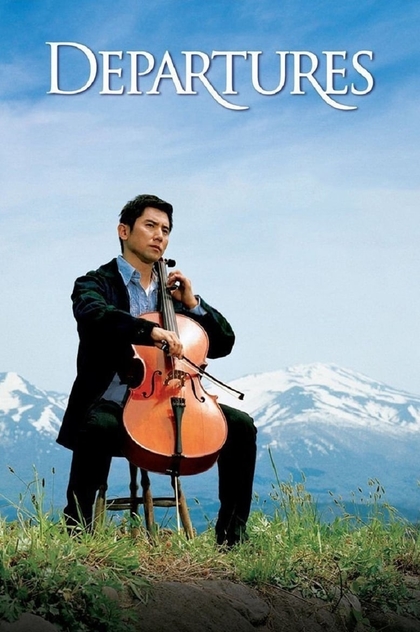
20 Great Movies According to Rogert Ebert
0
likes
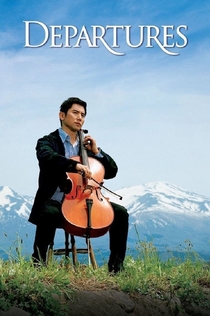
Departures
"Departures" plays fair. It brings four main characters onstage (and the sweet old couple from a bath house). We know and understand them. We care about them. They are involved in an enterprise we probably knew nothing about. It touches on death, a subject of general fascination.
See all
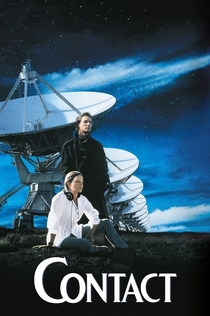
Contact
"Contact" is a film that takes place at the intersection of science, politics and faith. Those are three subjects that don't always fit easily together. In the film, an alien intelligence transmits an image of three pages of encrypted symbols. It is clear where the corners of each page are. It is also clear that the three corners are intended to come together in some way to make single image. Scientists are baffled in their attempts to bring the pages together. The solution, when we see it, provides an Eureka Moment. It is so simple, and yet so difficult to conceive of. It may be intended as a sort of intelligence test.
See all
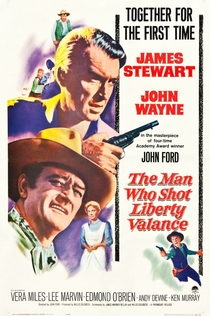
The Man Who Shot Liberty Valance
There is a purity to the John Ford style. His composition is classical. He arranges his characters within the frame to reflect power dynamics--or sometimes to suggest a balance is changing. His magnificent Western landscapes are always there, but as environment, not travelogue.
See all
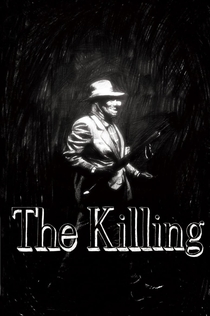
The Killing
I wouldn't think of giving away the game. The writing and editing are the keys to how this film never seems to be the deceptive assembly that it is, but appears to be proceeding on schedule, whatever that schedule is. We accept even action that makes absolutely no sense, as in a crucial moment involving Nikki the sharpshooter.
See all
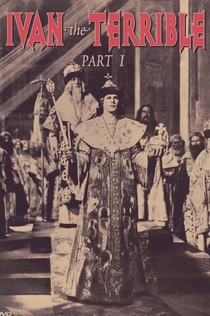
Ivan the Terrible, Part I
The two parts of Eisenstein's "Ivan the Terrible" are epic in scope, awesome in visuals, and nonsensical in story. It is one of those works that has proceeded directly to the status of Great Movie without going through the intermediate stage of being a good movie.
See all
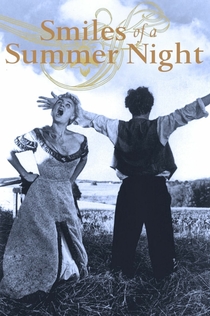
Smiles of a Summer Night
The film is entirely about adultery. Most unusual for Bergman, it is a comedy. It flirts at times with screwball, but chooses more decisively to use the kind of verbal wit that Shaw and Wilde employed.
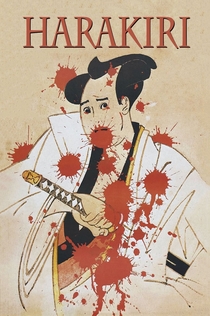
Harakiri
It would be wrong for me to reveal the details of the story Tsugumo tells. What I can say is that it is heartbreaking. He explains that Motome was not a man trying to avoid death by the excuse of asking for a delay. He was a man whose actual honor humbles Saito and other authoritarian bureaucrats. Sometimes it takes more courage to do the right thing than to do the traditional thing. Following the Bushido Code frees its adherents from the need to arrive at their own moral conclusions. "Harakiri" is a film reflecting situational ethics, in which the better you know a man the more deeply you understand his motives.
See all
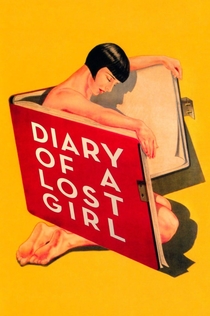
Diary of a Lost Girl
"Diary of a Lost Girl" was the close of her glory days. It's not the equal of "Pandora's Box," but her performance is on the same high level. It has a frankness that would largely disappear from mainstream films after the rise of censorship in the early 1930s.
See all
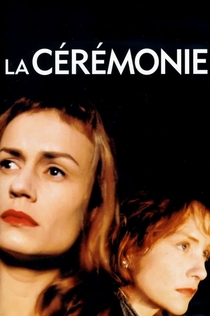
La Ceremonie
We are watching a seduction. Despite our expectations that lesbianism is possible, it isn't sexual, but has to do with power. Jeanne senses a weakness in Sophie, a secret, and perhaps believes she can make the other young woman her instrument -- to do what, remains to be seen.
See all
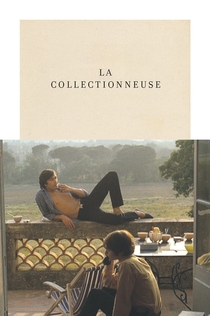
La Collectionneuse
To watch a film like this, or any Rohmer film, creates a sense of peaceful regard in me. He isn't afraid of losing my attention with too much dialogue, or too little action. He invites me to arrive at my own moral judgments.
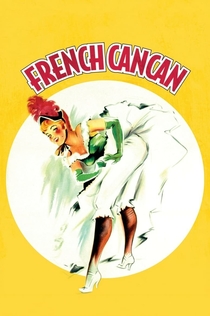
French Cancan
It is universally agreed that Jean Renoir was one of the greatest of all directors, and he was also one of the warmest and most entertaining. "Grand Illusion" and "Rules of the Game" are routinely included on lists of the greatest films, and deserve to be. But although "Rules" contains scenes of delightful humor, neither suggest the Renoir who made "Boulu Saved from Drowning" (1932), or "French Cancan" (1954), "French Cancan" a delicious musical comedy that deserves comparison with the golden age Hollywood musicals of the same period.
See all
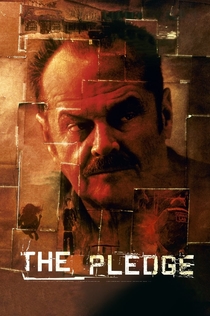
The Pledge
"The Pledge" may be Nicholson's finest performance. Here are none of the familiar signals of his more popular performances, none of the relish of characterization, none of the sardonic remove. We see a lonely man, aging, whose attempts to go through the motions of retirement fail. He stays on the case.
See all
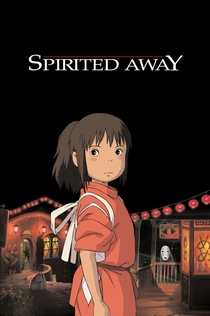
Spirited Away
Viewing Hiyao Miyazaki's "Spirited Away" for the third time, I was struck by a quality between generosity and love. On earlier viewings I was caught up by the boundless imagination of the story. This time I began to focus on the elements in the picture that didn't need to be there. Animation is a painstaking process, and there is a tendency to simplify its visual elements. Miyazaki, in contrast, offers complexity. His backgrounds are rich in detail, his canvas embraces space liberally, and it is all drawn with meticulous attention. We may not pay much conscious attention to the corners of the frame, but we know they are there, and they reinforce the remarkable precision of his fantasy worlds.
See all
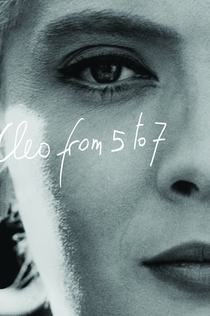
Cléo from 5 to 7
Varda is sometimes referred to as the godmother of the French New Wave. I have been guilty of that myself. Nothing could be more unfair. Varda is its very soul, and only the fact that she is a woman, I fear, prevented her from being routinely included with Godard, Truffaut, Resnais, Chabrol, Rivette, Rohmer and for that matter her husband Jacques Demy. The passage of time has been kinder to her films than some of theirs, and "Cléo from 5 to 7" plays today as startlingly modern. Released in 1962, it seems as innovative and influential as any New Wave film.
See all
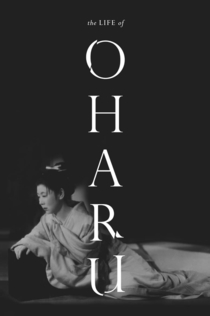
The Life of Oharu
Here is the saddest film I have ever seen about the life of a woman. It begins on a chill dawn when the heroine wanders, her face behind a fan, until encountering some of her fellow prostitutes. "It's hard for a 50-year-old women to pass as 20," she observes. She says it has been a slow night: She was only picked up by an old man, who took her into a candlelit room filled with young men. "Look at this painted face!" he told them. "Do you still want to buy a woman?" To be held up as a moral spectacle is a cruel fate for a woman who has been treated immorally almost every day of her life, and who has always behaved as morally as it was within her power to do.
See all
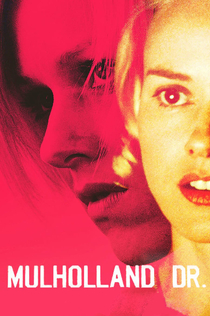
Mulholland Dr.
It's well known that David Lynch's "Mulholland Dr." was assembled from the remains of a cancelled TV series, with the addition of some additional footage filmed later. That may be taken by some viewers as a way to explain the film's fractured structure and lack of continuity. I think it's a delusion to imagine a "complete" film lurking somewhere in Lynch's mind — a ghostly Director's Cut that exists only in his original intentions. The film is openly dreamlike, and like most dreams it moves uncertainly down a path with many turnings.
See all
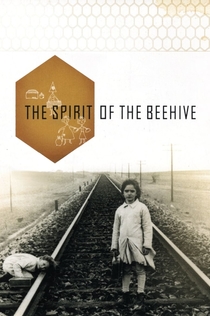
The Spirit of the Beehive
“The Spirit of the Beehive” is one of only three features and a short subject directed by Erice (born 1940). Like such films as Charles Laughton’s “The Night of the Hunter” (1955), it is a masterpiece that can only cause us to wonder what we lost because he didn’t work more. It is simple, solemn, and in the casting of young Ana Torrent, takes advantage of her open, innocent features. We can well believe her when she accepts her sister’s explanation, which goes far to account for her behavior later in the film.
See all
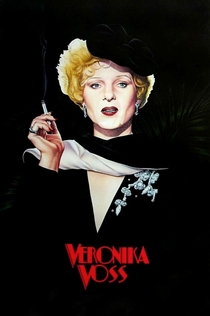
Veronika Voss
Rainer Werner Fassbinder premiered "Veronika Voss" in February 1982, at the Berlin Film Festival. It was hailed as one of the best of his 40 films. Late on the night of June 9, 1982, he made a telephone call from Munich to Paris to tell his best friend he had flushed all his drugs down the toilet — everything except for one last line of cocaine. The next morning, Fassbinder was found dead in his room, a cold cigarette between his fingers, a videotape machine still playing. The most famous, notorious and prolific modern German filmmaker was 36.
See all
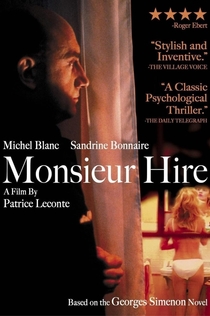
Monsieur Hire
Patrice Leconte's "Monsieur Hire" is a tragedy about loneliness and erotomania, told about two solitary people who have nothing else in common. It involves a murder, and the opening shot is of a corpse. Monsieur Hire is a scrawny, balding middle-aged tailor who lives by himself. Alice is a beautiful, tender-hearted 22-year-old blonde who lives alone across the courtyard from Hire in the same apartment building.
See all
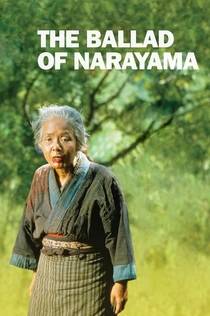
The Ballad of Narayama
"The Ballad of Narayama" is a Japanese film of great beauty and elegant artifice, telling a story of startling cruelty. What a space it opens up between its origins in the kabuki style and its subject of starvation in a mountain village! The village enforces a tradition of carrying those who have reached the age of 70 up the side of mountain and abandoning them there to die of exposure.
See all






